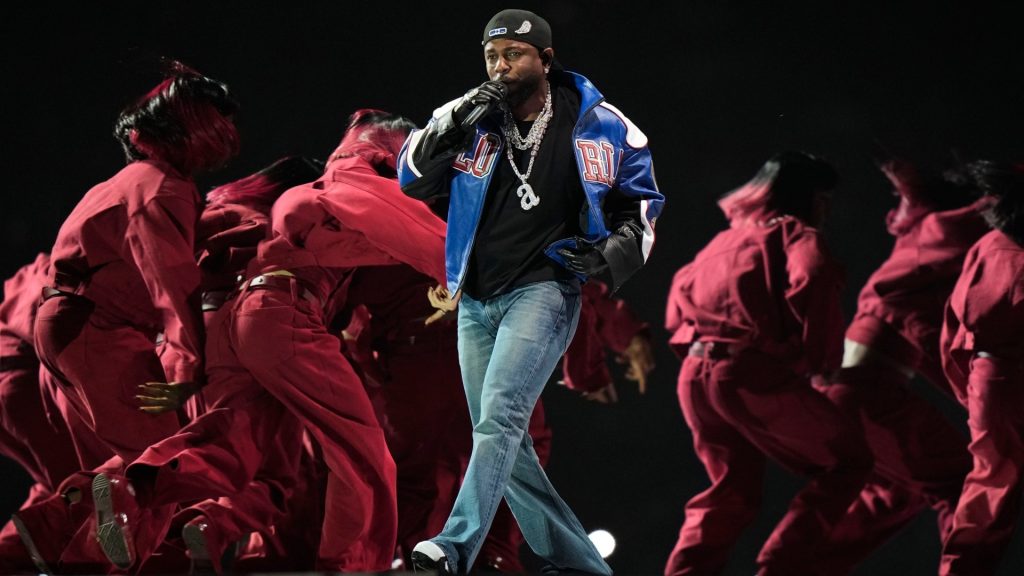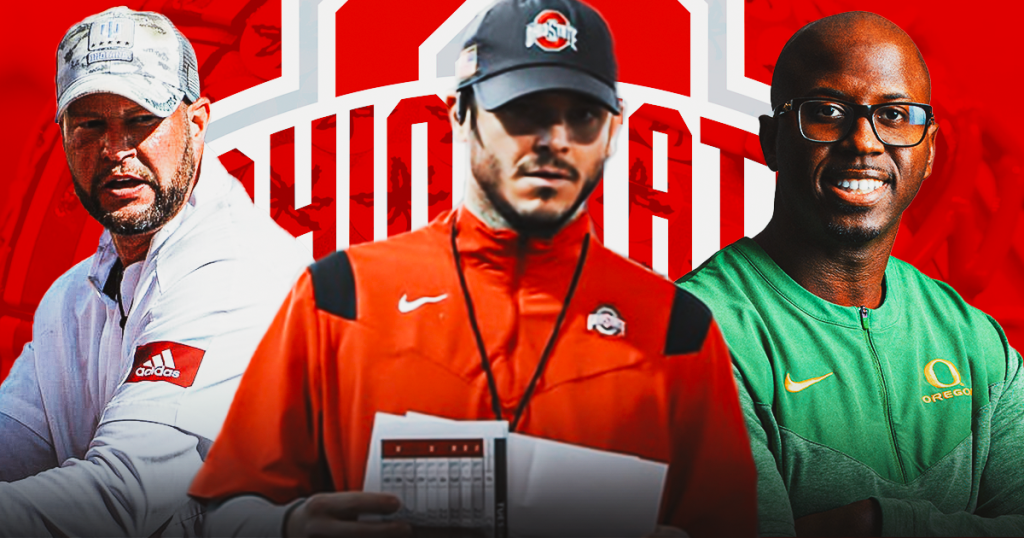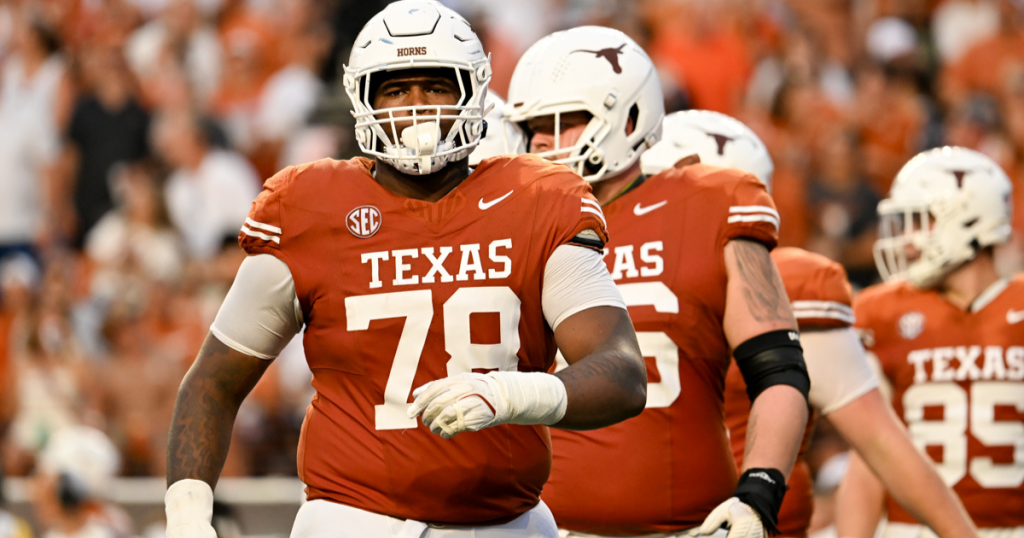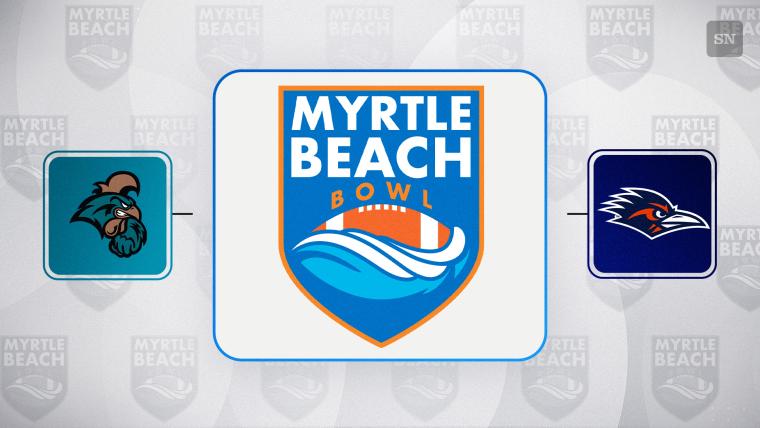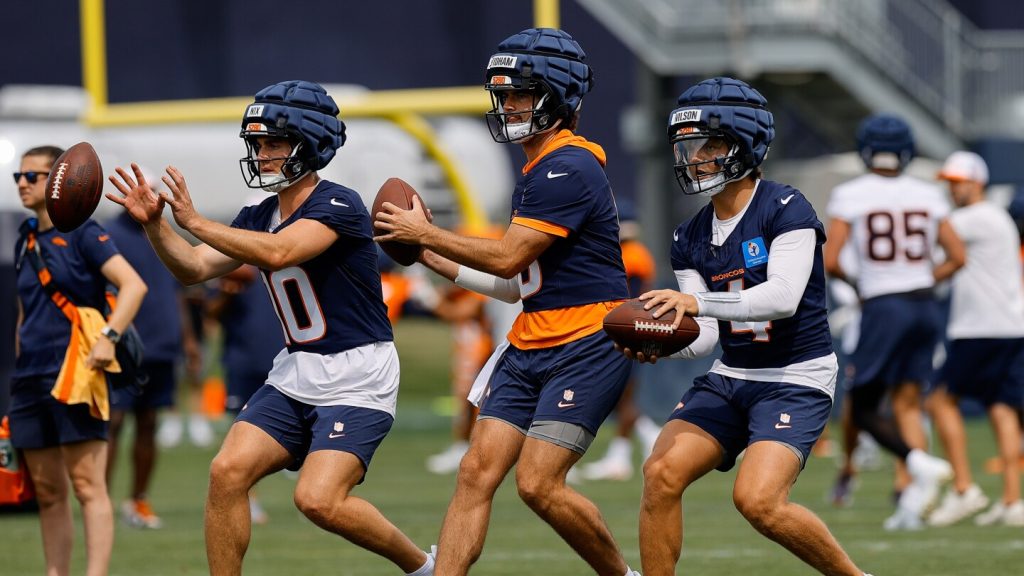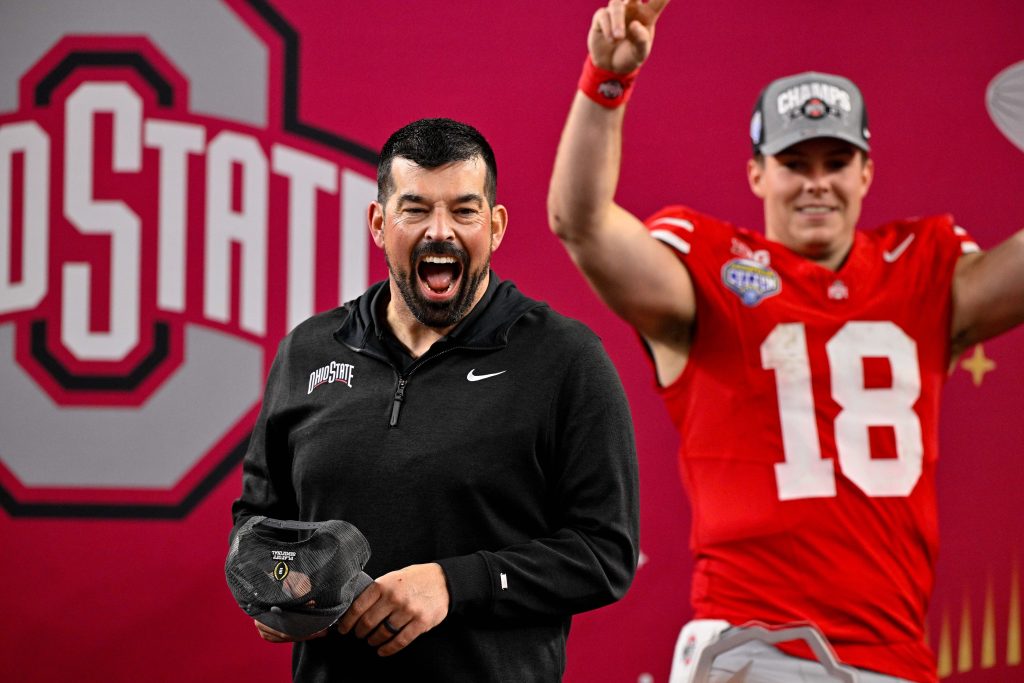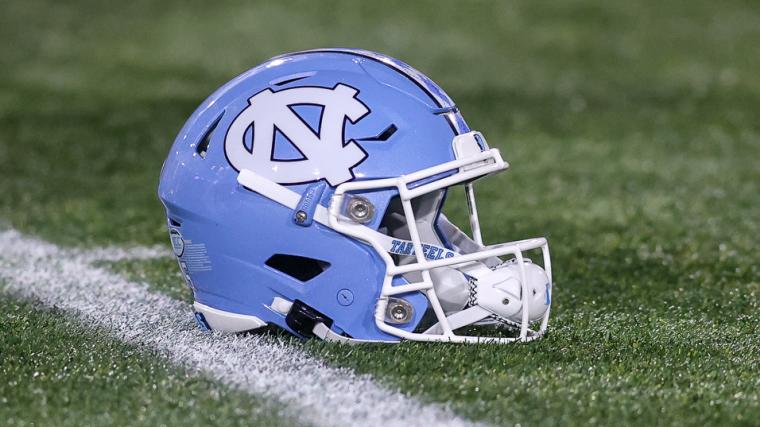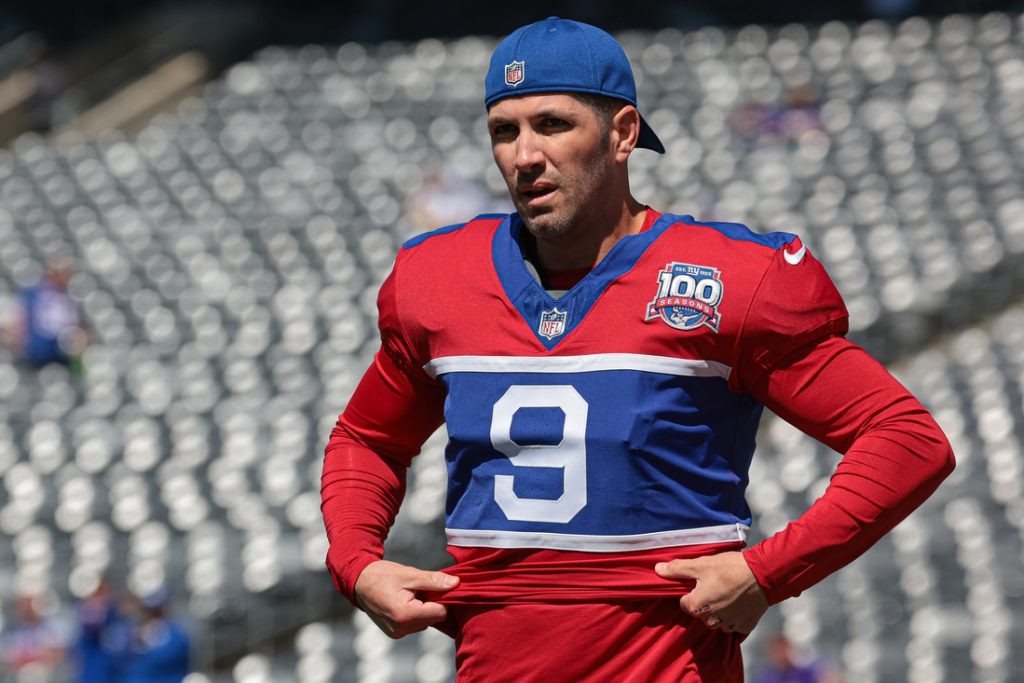Have video games played a key role in the 2024 season of the New York Jets? Apparently, they have. The club has reportedly decided not to continue a trade that would have helped Aaron Rodgers due to the player’s rating on Madden. This surprising decision has raised eyebrows and sparked conversations among fans and analysts alike.
The Super Bowl XLV champion joined the team in 2023, and after tearing his Achilles in his debut season, Rodgers returned in 2024 with high hopes of leading the Jets to success. However, the season has not unfolded as planned. Despite the many signings intended to support Rodgers, the team has already been eliminated from playoff contention. This unexpected outcome has left fans questioning the decisions made by the Jets’ management.
Since Aaron Rodgers’ arrival, the Jets have acquired several players to help the quarterback achieve success. Unfortunately, things have gone in the opposite direction, as the club has struggled throughout the season. The Jets have not made the best decisions in recent years, and their efforts to build a competitive roster have not yielded the desired results.
What could have changed the Jets’ fortunes? The answer may lie in a missed opportunity to acquire a talented wide receiver. According to reports, the Jets came close to trading with the Broncos for Jerry Jeudy earlier this year. However, owner Woody Johnson reportedly thought Jeudy’s Madden ratings were too low and denied the move. This decision raises an intriguing question: can a video game rating really influence real-life NFL trades?
According to TheAthletic.com, Johnson’s Madden awareness comes from his teenage sons. “When we’re discussing things, you’ll hear Woody cite something that Brick or Jack read online that’s being weighed equally against whatever opinion someone else in the department has,” an unnamed Jets executive told the outlet. This reliance on video game ratings as a factor in player evaluation is both fascinating and concerning. It begs the question: are the Jets prioritizing virtual performance over actual on-field talent?
Several players have joined the AFC East club to aid Aaron Rodgers, but it appears that one player’s Madden rating could have made a significant difference in the Jets’ season. Jeudy started the season with an 81 rating but has since improved to an 84 overall. While these numbers may seem trivial, they carry weight in the decision-making process for the Jets’ management.
Jeudy has responded to the report, claiming he believes it’s fake news. However, this is not the first time Johnson has reportedly made a decision based on Madden ratings. The idea that a player’s virtual performance could influence a real-life trade is a curious intersection of gaming culture and professional sports.
The Jets’ struggles this season have been compounded by the fact that they have already been eliminated from playoff contention. Fans were hopeful that the combination of Rodgers and new talent could lead to a successful season, but the reality has been starkly different. With the team’s postseason hopes dashed, the focus now shifts to what could have been.
The implications of this situation extend beyond just the Jets. It raises questions about how franchises evaluate players and make decisions. Are they too reliant on metrics that may not accurately reflect a player’s potential? Should video game ratings hold any weight in the high-stakes world of professional football?
As the season continues, the Jets will need to reassess their strategy moving forward. The lessons learned from this year, particularly regarding player evaluation and decision-making, could shape the franchise’s future. With the NFL landscape constantly evolving, teams must adapt and make informed choices based on a combination of traditional scouting and modern analytics.
In the end, the Jets’ decision to pass on Jerry Jeudy due to his Madden rating serves as a cautionary tale. It highlights the importance of balancing innovative approaches with tried-and-true methods of player evaluation. As the NFL continues to embrace technology and analytics, teams must ensure they are not losing sight of the fundamental qualities that make a player great.
The 2024 season may not have gone as the Jets had hoped, but it has certainly provided valuable insights. As fans, we can only hope that the organization learns from these experiences and makes the necessary adjustments to build a more competitive team in the future. After all, the NFL is a league where every decision counts, and the path to success is often paved with lessons learned along the way.
















